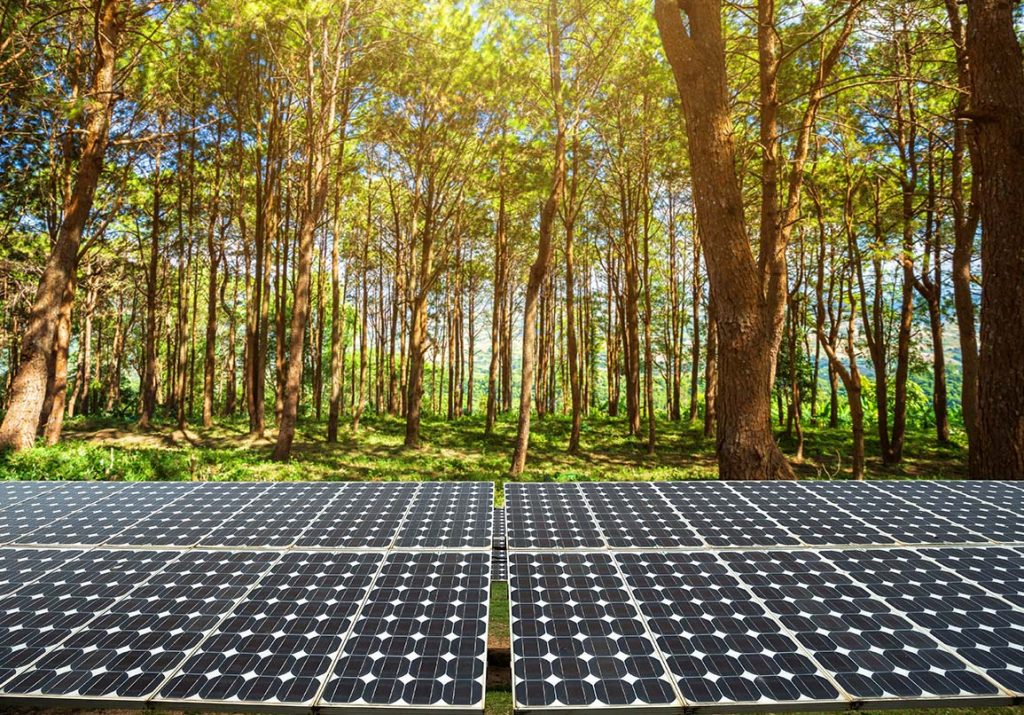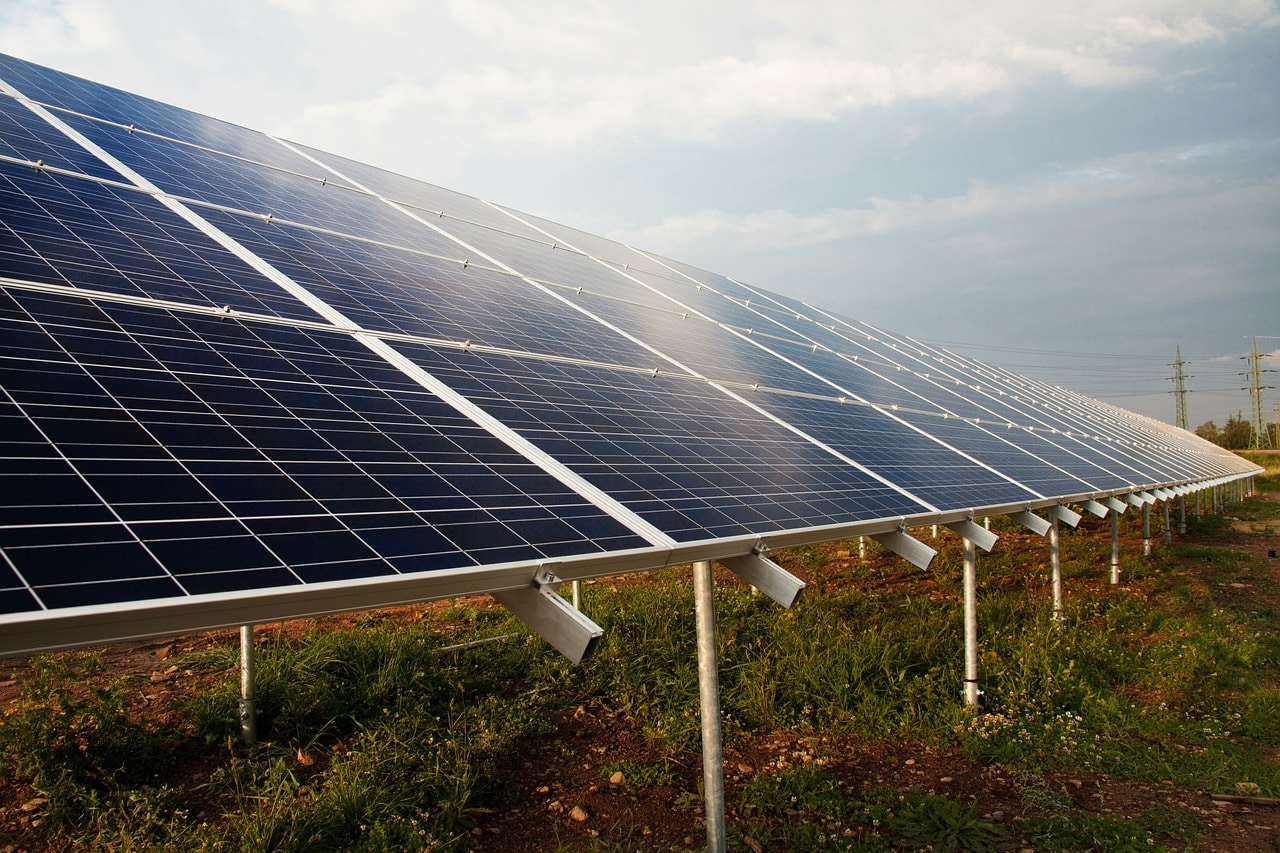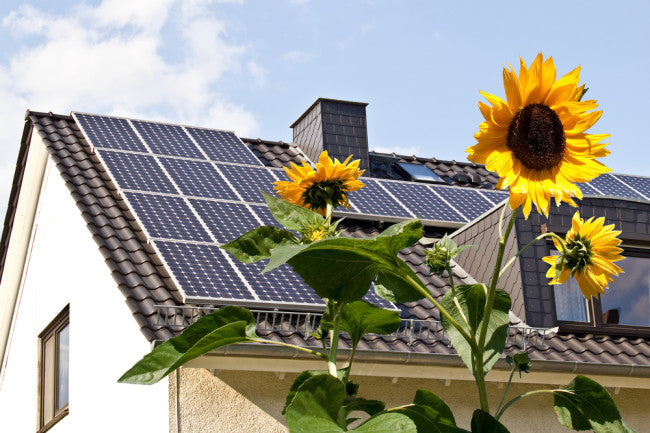How the lifespan of your solar panel is may be the question you most concerned, Especially when you’re considering installing solar panels. You’ve probably wondered how long your solar panels will last. While some items do improve with age, solar panels aren’t one of them, so it’s important to understand the solar panel lifespan. Read on with SOLARPARTS to learn about how long solar panels last and how to keep yours lasting as long as possible.
The lifespan of solar panels
How long do solar panels last? This question is more complicated than it sounds. Generally speaking, solar panels are designed to last 25–30 years. The best solar panel manufacturers and installers sometimes offer 25-year warranties because the panels can last that long without degrading very much. All series of solar panels of SOLARPARTS provide the warranty of 25 years, which makes you use your solar panel freely.
But this question is more complicated because at that 25–30 year mark, your panels aren’t just going to stop working. Instead, they’ll continue to create electricity and power but at a significantly lower level. The first 25–30 years are what’s called the panels’ “useful life,” not necessarily its whole life. The process solar panels go through is called “degradation.” Once your solar panels have outlived their “useful life,” depending on your financial goals, you can choose to replace them or produce energy at a lower level. If you’re looking for panels that will completely pay your energy bill, you may find replacing your solar panels to be more advantageous. If you’re more interested in making your solar panels last, you may keep them until they stop producing energy completely.
What makes your solar panels degrade?
Solar panel degradation will happen to all solar panels over time. It’s a process nearly every machine and electronic will go through, no matter how well made. But there are some factors that can increase your degradation and lead to less efficiency over time:
Rain
Rainy days can affect how much energy you produce that day, but the rain can also lead to increased degradation. Rain can cause corrosion on your solar panels that reduce conversion efficiency. Luckily, correct installation can help reduce the chances of rain corrosion.
Wind
Strong wind can make solar panels vibrate. If there’s enough vibration over time, the bonding can come undone.
Heat
Heat can cause most electronics to degrade faster. Solar panels in the heat can become more brittle. More brittle panels allow more moisture to seep into the surface, which can reduce the lifespan of solar panels. In addition, high temperatures can also chip away at the binding, and that can also lead to increased degradation.
Cold
Like heat, extreme temperatures can affect your solar panels. Snow and cold temperatures can cause panels to warp and crack.
Sunlight
It seems backwards that sunlight (the very requirement for solar panels) can also damage your solar system, but it’s true. One of the biggest degradations your solar panels will experience is the first time they’re exposed to sunlight right after installation. Luckily, the right installer will include UV blockers to reduce as much UV damage as possible.
If you live in a place that experiences extreme temperatures and weather, you can still get solar panels. The key is to make sure that you’re choosing the right panels and the right installer. Correct installation is the key to reducing as many of these degradation problems as possible. Welcome to click the link below to get to know more details of solar panels.



